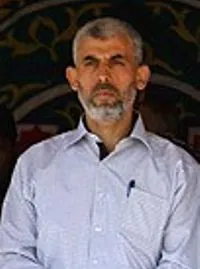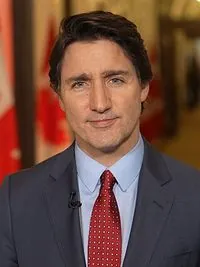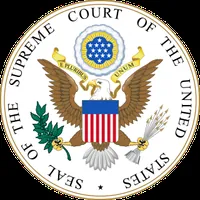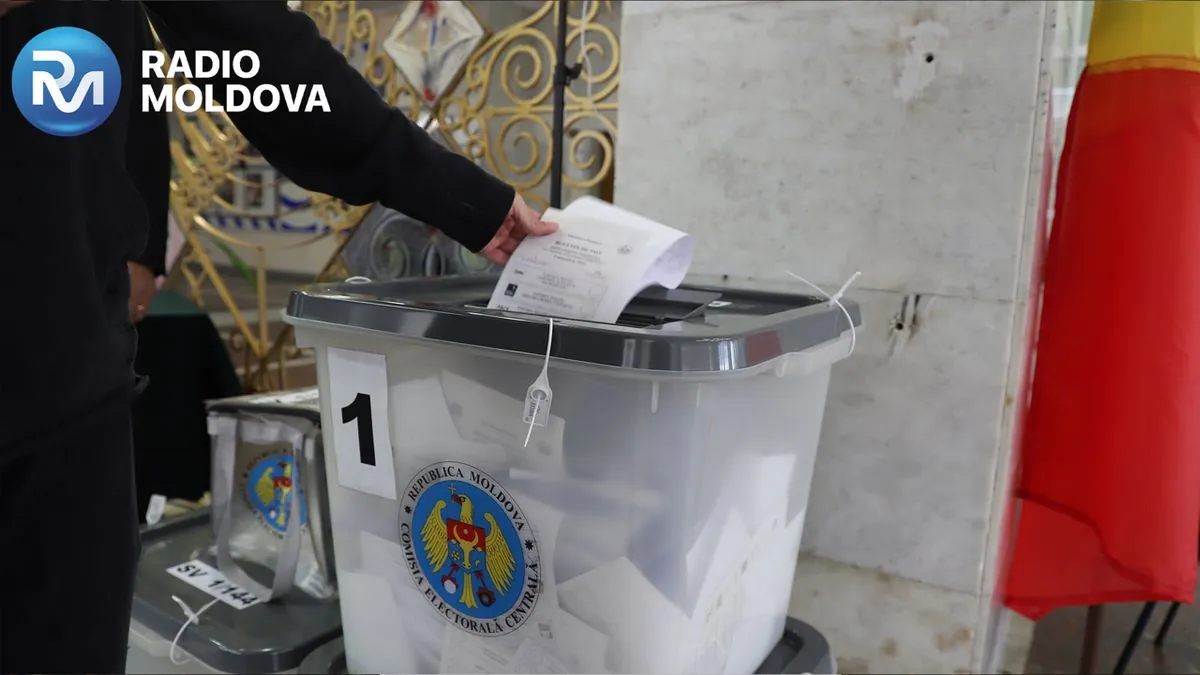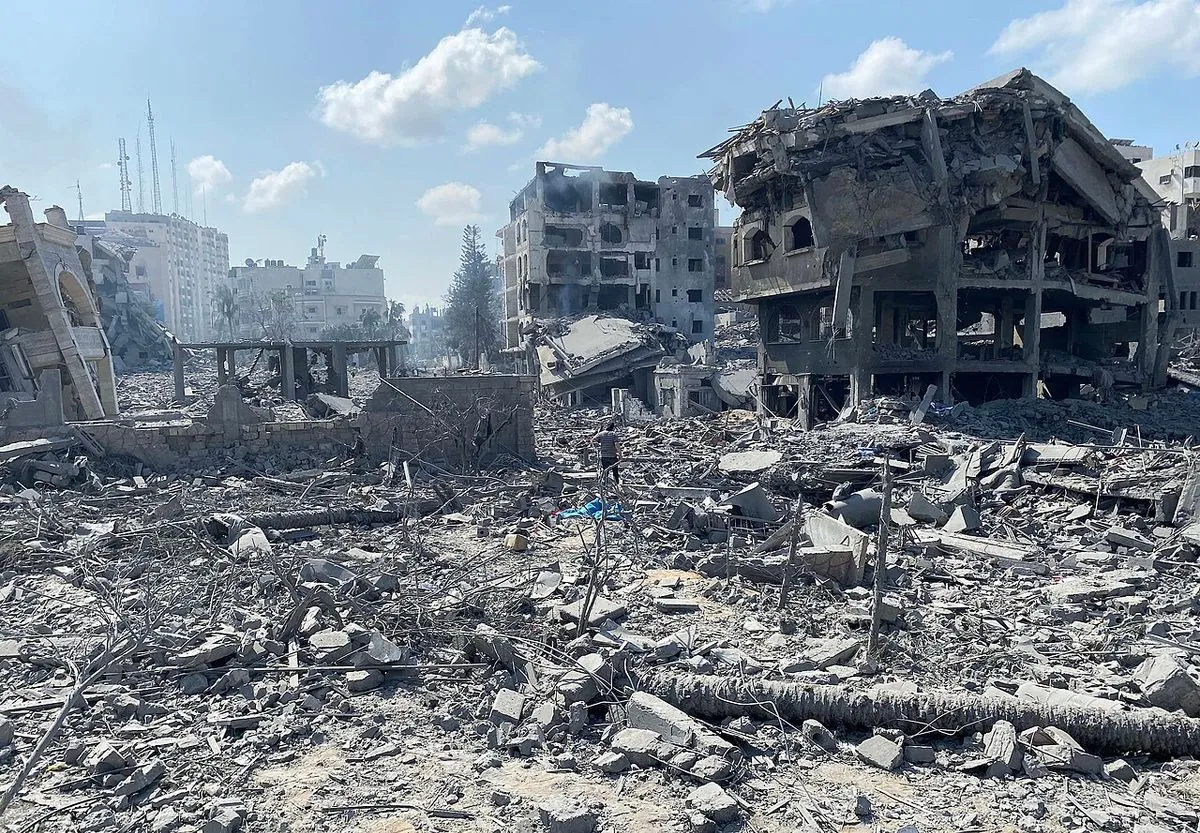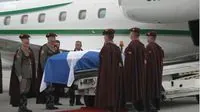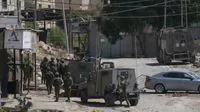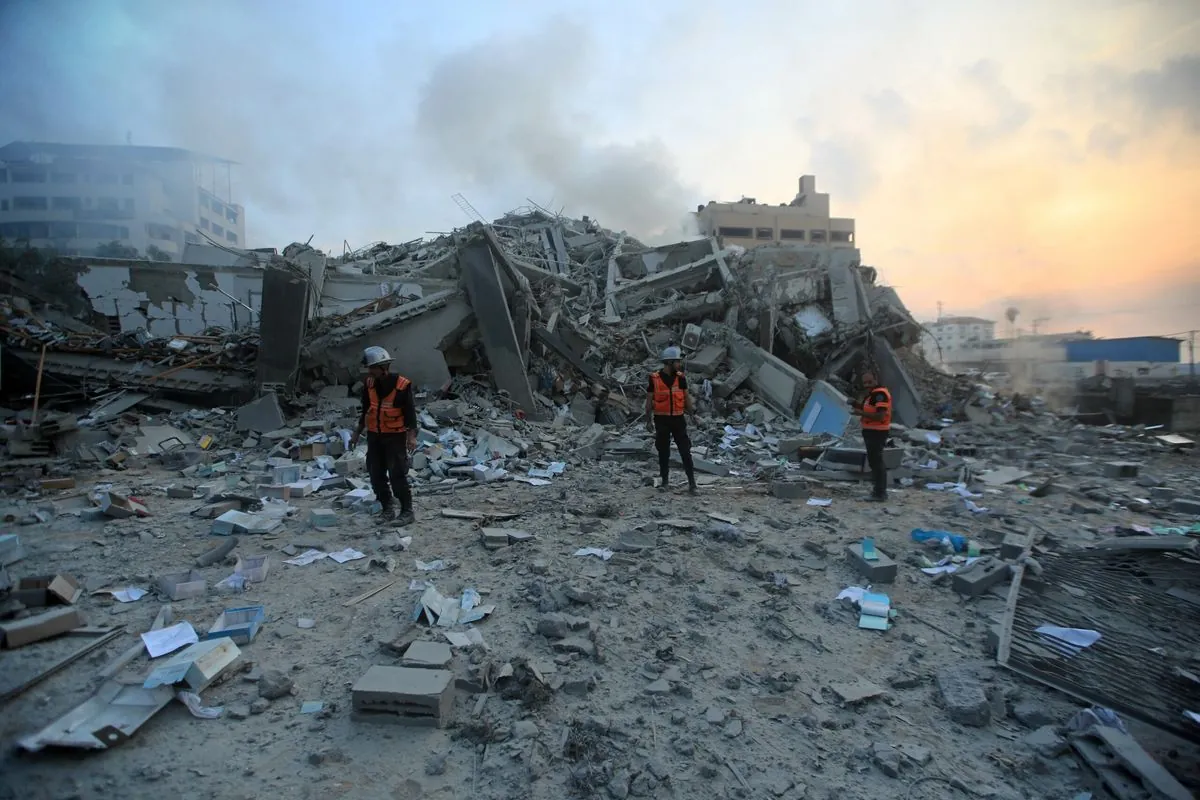Killing leaders doesn't end resistance: Lessons from history
Egypts 1948 ban on Muslim Brotherhood led to more violence‚ Assassinations of resistance leaders often strengthen resolve. Israels killing of Hamas Sinwar unlikely to end conflict‚ as history shows with other groups
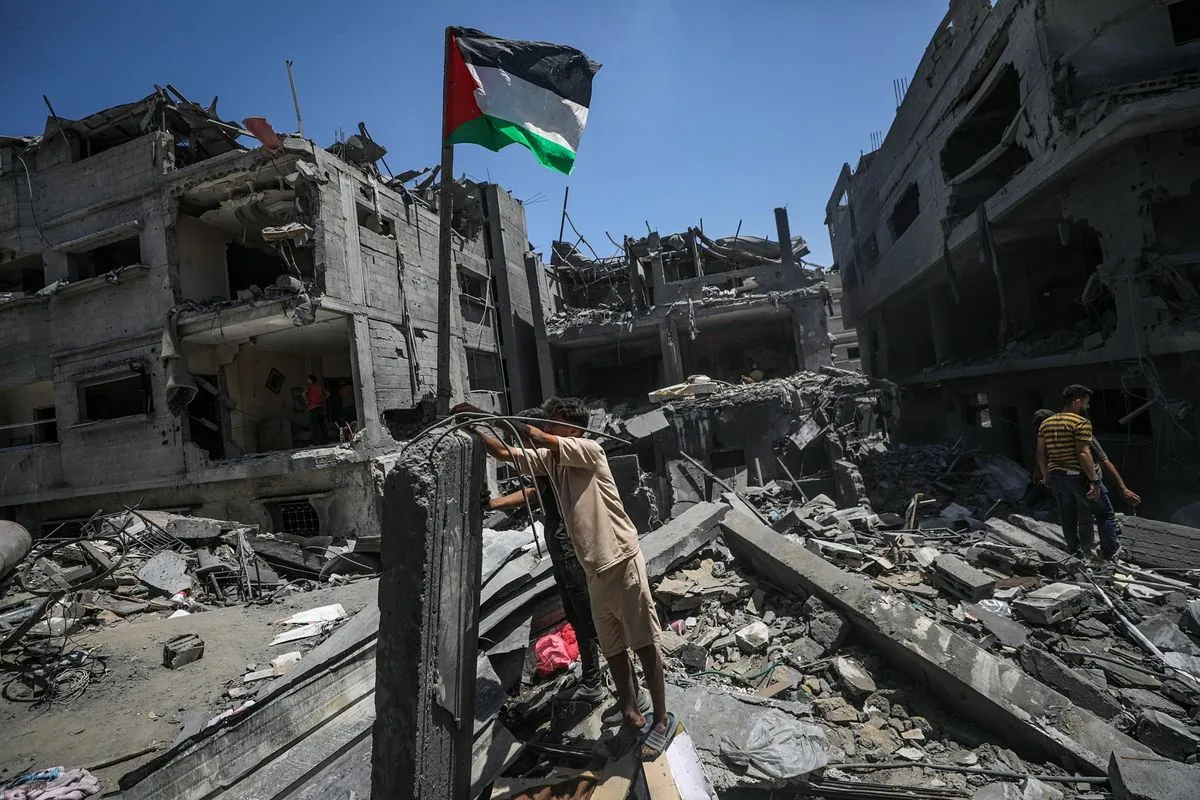
In the late 1940s‚ Egypts Prime Minister made a choice that would have long-lasting effects. He banned the Muslim Brotherhood thinking it would bring peace to his country However‚ this move backfired badly. The group had been involved in riots and killings‚ but the ban only made things worse. The Brotherhood fought back‚ even killing the Prime Minister. The government then locked up many members and killed the groups leader.
Fast forward to today and Egypt is still trying to stop the Brotherhood. This shows how hard it is to end a resistance movement by force. When leaders are killed‚ their followers often fight harder.
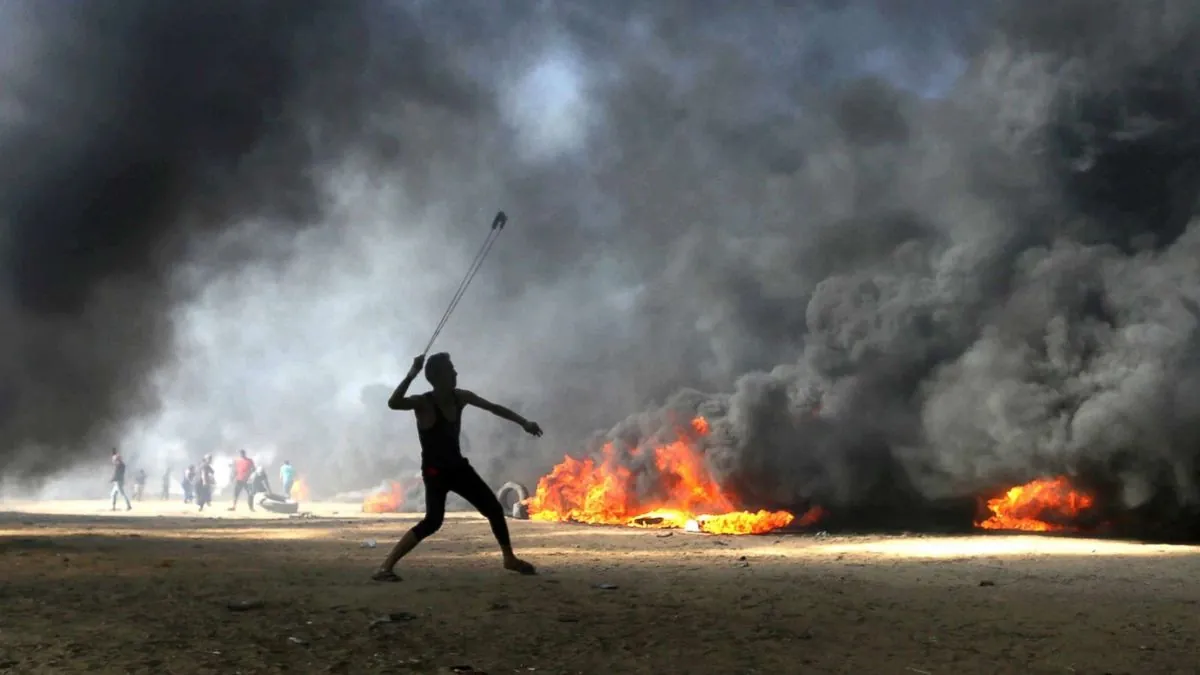
Israel has tried this approach many times. Theyʼve killed leaders of groups like Hamas‚ Fatah‚ and Hezbollah. But these groups didnt stop fighting. They just found new leaders and kept going. For example:
- Khalil al-Wazir (Abu Jihad) of Fatah
- Ahmed Yassin of Hamas
- Abbas al-Musawi of Hezbollah
Now‚ Israel has killed Yahya Sinwar‚ a top Hamas leader. While many see this as a good thing its unlikely to end the conflict. History shows that new leaders will step up and the fighting will go on.
The U.S. has had similar experiences. Theyʼve killed many terrorist leaders like Osama bin Laden and Abu Bakr al-Baghdadi. But groups like al-Qaeda and ISIS are still around‚ even if theyre weaker.
Resistance‚ after all‚ is not futile. It is a critical component of identity
In the end‚ killing leaders might feel good but it doesnt bring peace. As one Israeli parent said after Sinwars death: “Now we need the hostages back and then some kind of peace. I want my son home.“ This shows what really matters – ending the cycle of violence and bringing people home safe











